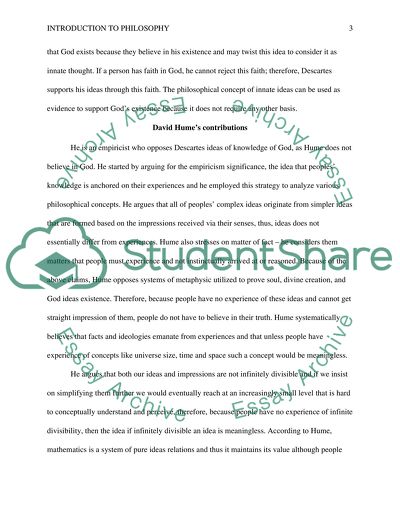Cite this document
(“Introduction to philosophy Assignment Example | Topics and Well Written Essays - 1000 words”, n.d.)
Retrieved de https://studentshare.org/philosophy/1487066-introduction-to-philosophy
Retrieved de https://studentshare.org/philosophy/1487066-introduction-to-philosophy
(Introduction to Philosophy Assignment Example | Topics and Well Written Essays - 1000 Words)
https://studentshare.org/philosophy/1487066-introduction-to-philosophy.
https://studentshare.org/philosophy/1487066-introduction-to-philosophy.
“Introduction to Philosophy Assignment Example | Topics and Well Written Essays - 1000 Words”, n.d. https://studentshare.org/philosophy/1487066-introduction-to-philosophy.


